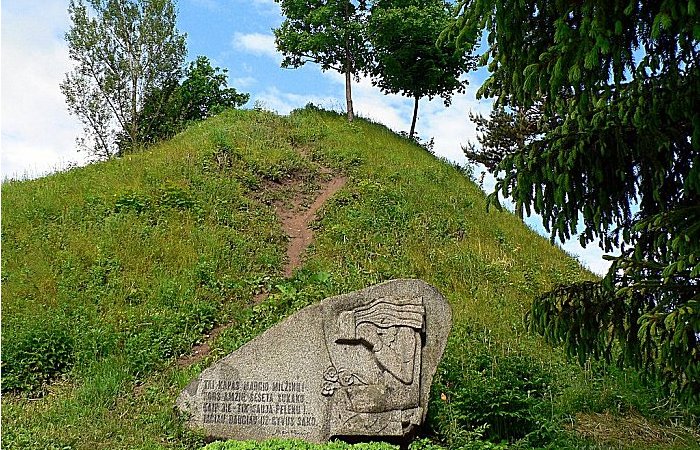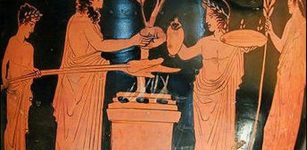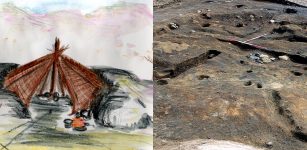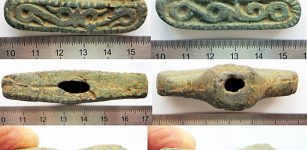On This Day In History: 4000 Defenders Of Pilėnai Commit Mass Suicide When Attacked By Teutonic Knights – On Feb 25, 1336
AncientPages.com - On February 25, 1336, Pilenai, a hill fort in the Grand Duchy of Lithuania, was attacked by large Teutonic forces, who tried in vain to organize a defense against the more significant invader.
Punia hill fort bears Margiris' name and is the traditional locations of Pilėnai. Image credit: Wojsyl -CC BY-SA 3.0
The location of this unknown place is subject to academic debate. Still, it is well known in the history of Lithuania due to its heroic defense against the Teutonic Order in 1336. Losing hope, the defenders decided to burn their property and commit mass suicide to deprive the Order of prisoners and loot (cf. scorched earth).
The Teutonic Order waged the decades-long Lithuanian Crusade against the pagan Grand Duchy of Lithuania to convert it to Christianity. In early 1336, the Order organized another extensive campaign into Lithuania.
The significant force attacked Pilenai, located in Trapenai land, where some 4,000 people from four different lands sought shelter from the invasion. Wigand's description of other events paints a chaotic and bloody scene. He claims that the people panicked when they saw the Christian army and decided to burn their belongings and commit suicide.
It was said that one older woman killed a hundred people with an ax before killing herself. Others managed to escape on horseback. Duke Margiris attempted to organize the defense but was soon overwhelmed by the attackers who threw burning wood and stones into the fortress.
Margiris cut his wife with a sword, threw her body into the fire, and killed his loyal guards and followers. Thus, Pilenai fell, and the Order collected the remaining prisoners and looted them.
Kurze Reimchronik von Preussen mentioned that 5,000 people were killed, and only a handful escaped.
This dramatic episode from the Lithuanian Crusade caught the public's imagination, inspired many fiction works, and symbolized Lithuanian struggles and resistance.
Updated on February 17, 2024
AncientPages.com
Expand for referencesReferences:





















